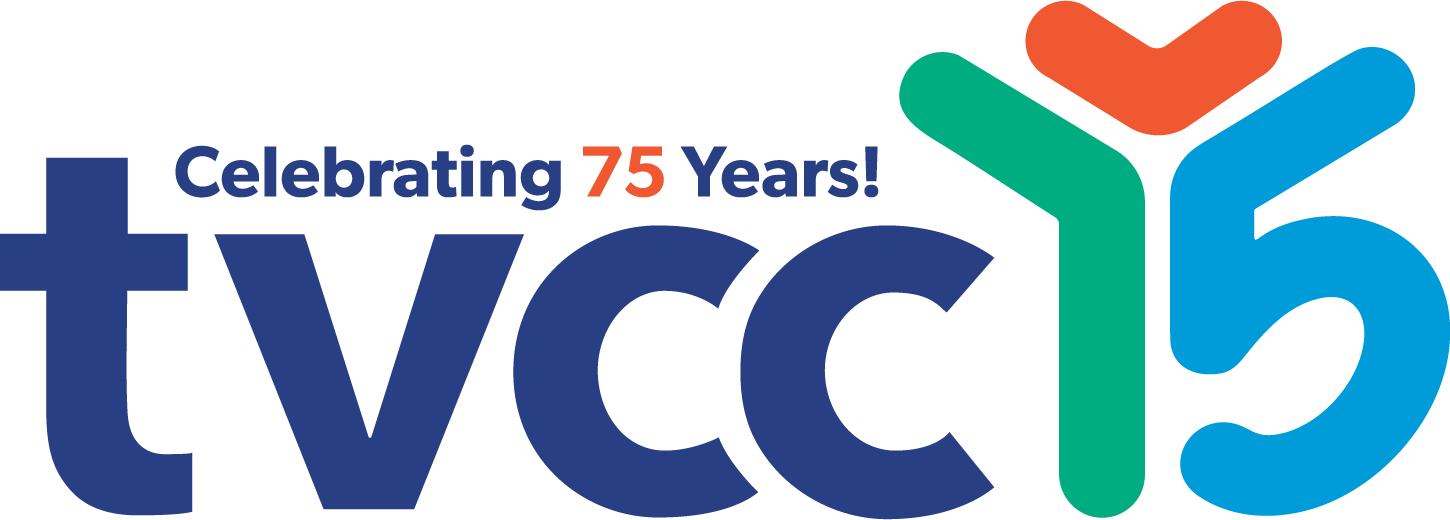You are one of the most important predictors in how well your child will progress in therapy.
tykeTALK encourages parents to be involved from the initial assessment to discharge from therapy. You will be encouraged to share your specific communication goals for your child, in consultation with your Speech-Language Pathologist (SLP). Speech and language therapy is a partnership involving you and your SLP. Both partners are important in ensuring that your child will progress to the best of their ability. ‘Each professional and parent contributes to the understanding of the child. Our unique contributions evolve and build on each other as we offer differing sides and perspectives about this child.’(1)
Children spend a lot more time with parents and siblings than they do in therapy. They will progress much faster if parents can provide times to practice therapy activities at home. Your child will learn many new skills in therapy. Sometimes however, it will seem like they can’t use these skills at home. Our SLPs will work closely with you as you participate in therapy sessions. You will learn how you can support your child’s speech and language development at home. When you practice activities that your SLP has suggested, you are giving your child the opportunity to learn how to use their therapy goals in other settings. This can’t happen without your involvement.
You don’t need special toys or therapy materials. One of the most important things you can do is to model correct speech and language for your child, every day. By participating in therapy, you will learn specific strategies and techniques that will help your child work toward his communication goals.
You may feel that you don’t have the special training to help your child. However, you do have a relationship with your child that is unique and special. You do have the opportunity to model and support language learning, at many different times throughout the day. When your child knows that you are involved in their therapy, your child will likely be more willing to practice therapy activities with you at home.
You are part of your child’s talking, thinking, physical and social development. Research has shown us that ‘children learn through participating in their everyday activities and meaningful experiences with their family and caregivers’. (2)
Parents are the key to a child’s success. In speech and language therapy you are essential to achieving the best speech and language outcome. For more information about the important role of parents visit The Hanen Centre. You are the Key to Your Child's First Words is one of the many helpful videos you can find on the Hanen Centre's YouTube Channel. The Ontario Association for Families of Children with Communication Disorders also provides excellent resource for parents.
Being the Bridge: Building Language
While You Wait
Being the Bridge: Building Language While You Wait (for Parents of Newborn Children – 2 1/2 years of age) is a self-paced e-learning course that provides further information on the role parents play. Learn about the role of attachment and routines in language development, gain insight into how communication develops from birth, as well as practical strategies to promote your child’s understanding and use of language at home.
Best Beginnings: A Parent e-Guide for Promoting the Social-Emotional
Development of Children
Best Beginnings: A Parent e-Guide for Promoting the Social-Emotional Development of Children (newborn - 6 years of age) is an e-guide that provides parents with information and tips to understand and promote their children’s social and emotional development from birth to Grade One.
References:
(1) Fialka, J. (2001). The Dance of Partnership: Why do my feet hurt? Young Exceptional Children, 4(2)
(2)Woods, J. (2008) Providing early intervention services in natural environments, The ASHA Leader, 13(4), 14-17





